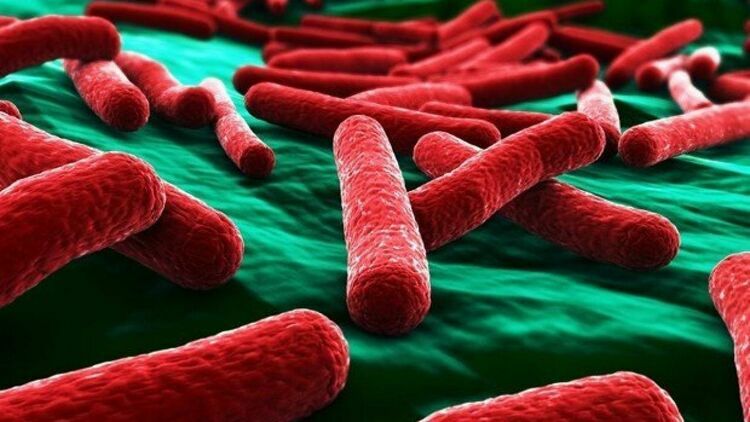Alarming levels of surface and wastewater contamination have been recorded in Kyrgyzstan’s capital. A study conducted by the National Institute of Public Health from 2013 to 2024 and published in the journal Healthcare of Kyrgyzstan found that almost half of the samples did not meet sanitary standards.
It was noted that of 113 water samples collected over a decade, 40.7 percent were found to be unsafe. In 2024, additional 82 samples were tested and so-called «mixed infections» were found in all of them—a combination of Escherichia coli (E. coli), Proteus, and Enterobacter bacteria. These microorganisms can cause severe intestinal disorders and poisoning.
Of particular concern is the resistance of bacteria to antibiotics. For example, the susceptibility of E. coli ranged from 35 percent to amoxicillin-clavulanate to 70 percent to meropenem.
Moreover, six percent of the strains were found to contain extended-spectrum beta-lactamases—enzymes that make microorganisms virtually invulnerable to most drugs.
This data directly correlates with the rise in acute intestinal infections in Bishkek. According to sanitary services, in 2022, the incidence rate exceeded the national average by 65 percent.
The most common pathogens were hepatitis A, dysentery bacteria, and salmonella. However, the study results show that the spectrum of threats is much broader, and other dangerous microorganisms circulate in water.
According to the World Health Organization, 14 people worldwide die every day from diarrhea caused by poor water supply and sanitation.
Kyrgyz researchers warn that the emergence of antibiotic-resistant bacteria in city water poses a threat not only to public health but also to the healthcare system as a whole, as treating such infections requires rare and expensive medications.
The authors recommend revising national standards for water laboratory testing, expanding the range of tests to include viruses and parasites, implementing modern diagnostic methods—from PCR to sequencing—and establishing systematic monitoring of water bodies, taking into account climate factors and infrastructure conditions.
The study’s findings, the experts emphasize, should form the basis for new sanitary programs and adjustments to wastewater treatment facilities in Bishkek.






